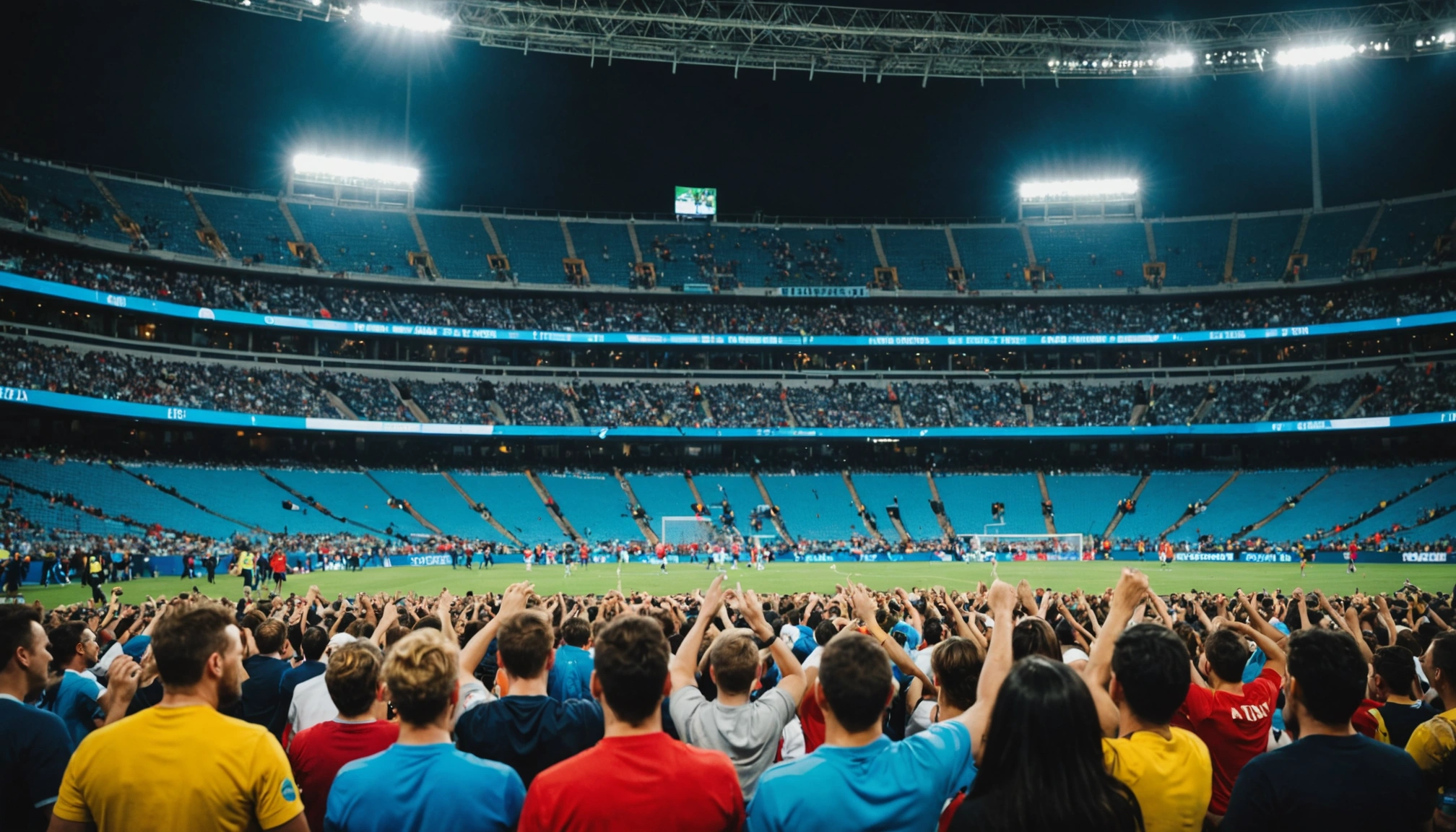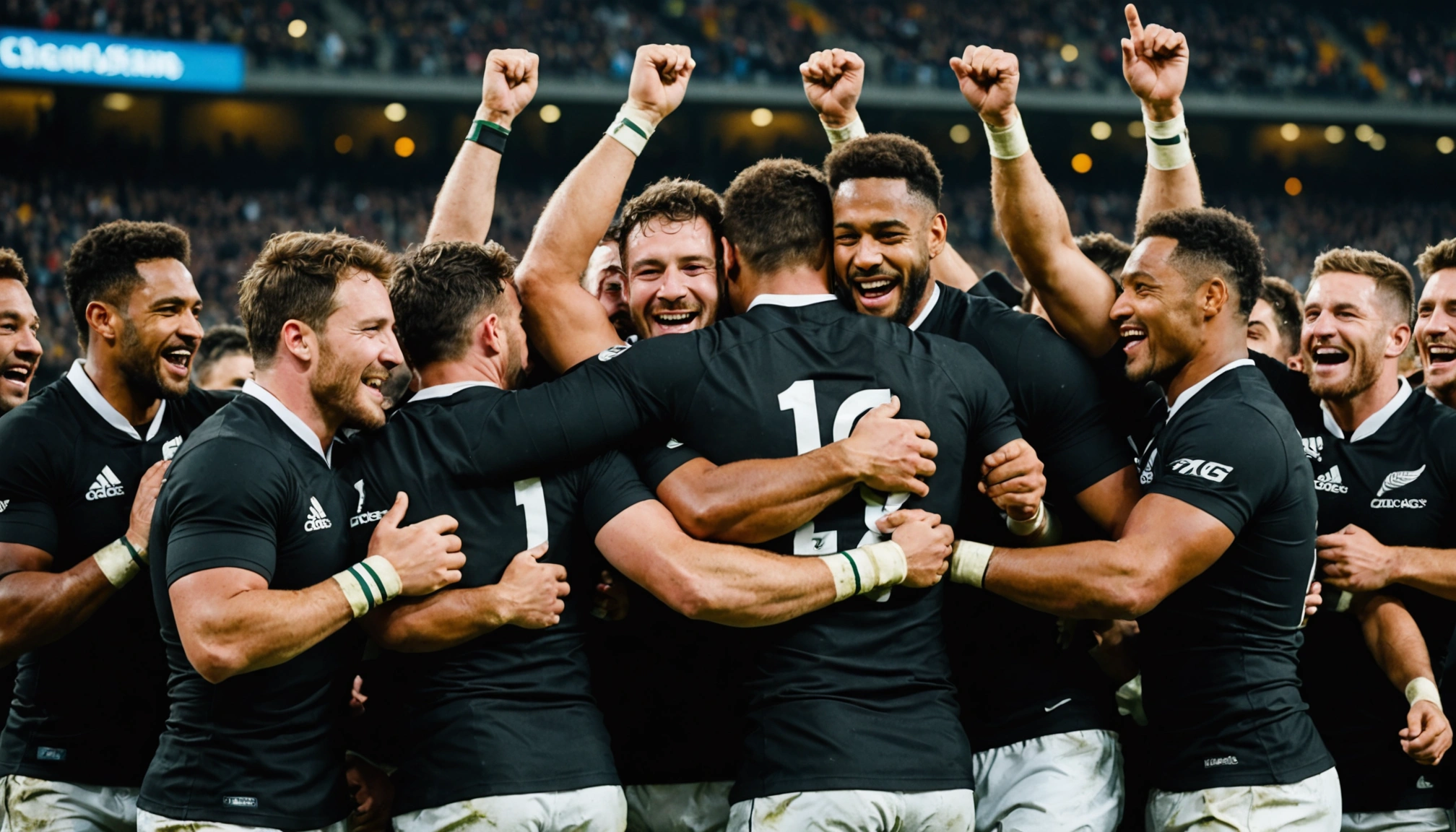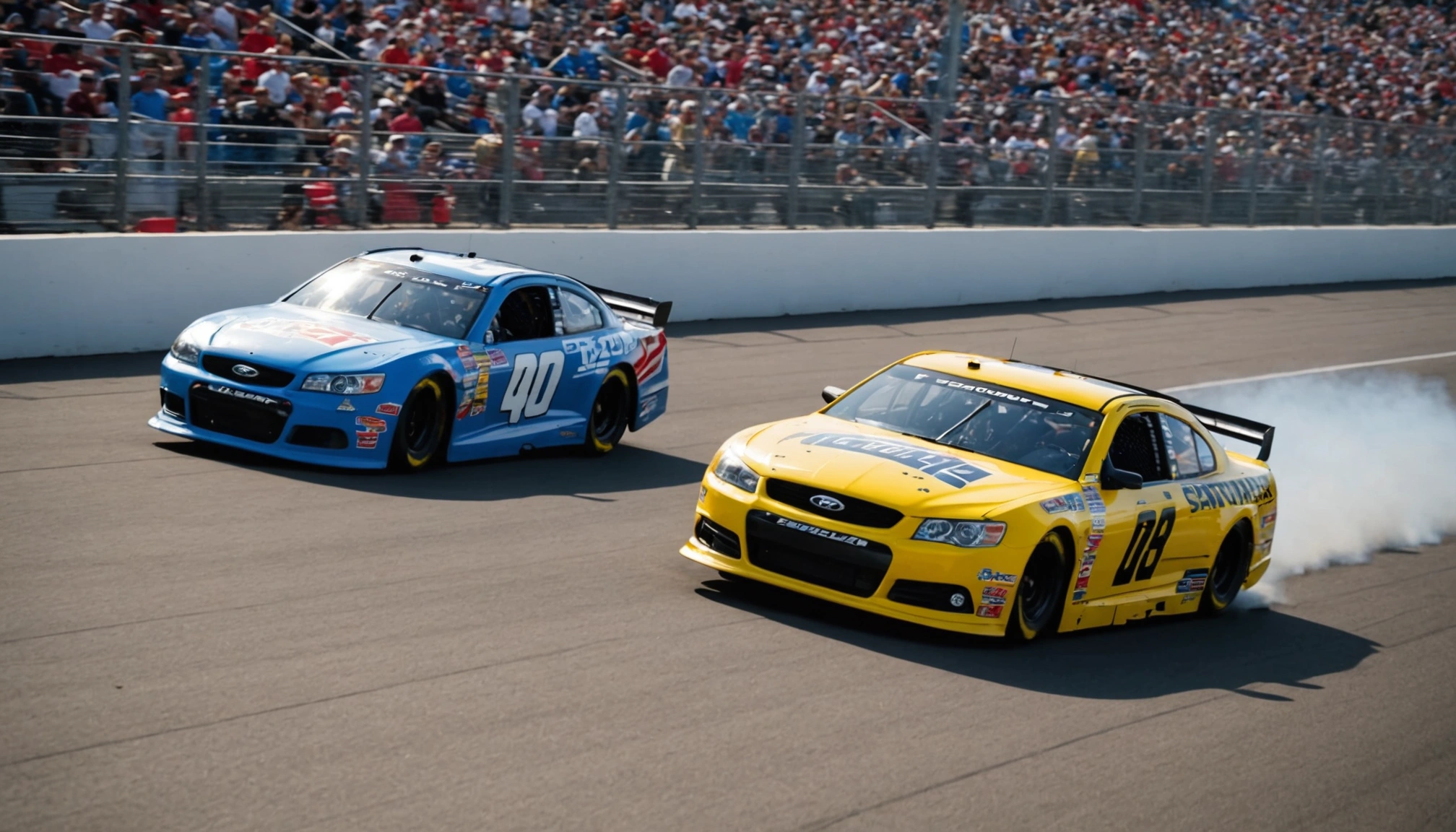Trump Threatens To Move 2026 World Cup Games Over Safety Concerns
US President Trump vows to relocate 2026 World Cup matches from ‘unsafe’ US cities, raising questions about logistics and authority ahead of the tournament.

By Editorial
Introduction To The 2026 World Cup Hosting Controversy
The 2026 FIFA World Cup, set to be the largest tournament in history with 48 teams, is co-hosted by the US, Canada, and Mexico. The US is slated to host 78 of the 104 matches across 11 cities. However, recent statements by US President Donald Trump have stirred debate, as he threatens to move matches from cities he deems unsafe. This article examines the implications of these claims and what it means for the tournament.
Trump’s Position On Safety And World Cup Hosting
Donald Trump, who chairs the US World Cup taskforce, has made safety a primary focus, asserting that if he considers a host city unsafe, games will be relocated. Specifically, he singled out Democratic-run cities such as Seattle and San Francisco, which are scheduled to host six matches each, plus Los Angeles, set to host eight matches and the 2028 Olympics.
Trump’s comments come amid his broader agenda to tackle crime, exemplified by deploying National Guard troops to cities like Washington DC, Memphis, and Chicago. While crime statistics in some cities show fluctuations, Trump insists on prioritising security for major sporting events.
Logistical Challenges Of Potential Venue Changes
Any change in host cities could face massive logistical hurdles. FIFA holds ultimate authority over the tournament’s organisation and city selections, making unilateral changes by the US government unlikely without FIFA’s approval. Relocating matches would affect stadium preparations, ticketing, accommodation, and transport arrangements.
Furthermore, the short timeframe before the tournament, which runs from 11 June to 19 July 2026, adds pressure. The group stage draw is scheduled for 5 December 2025 in Washington DC, underscoring the need for stability in planning.
Political Implications And International Relations
Trump’s stance also has diplomatic dimensions. His strained relations with neighbouring hosts Canada and Mexico, including tariffs imposed on imports, have raised concerns about cooperation for the event. In March, Trump claimed that US tensions with these co-hosts could be beneficial, a viewpoint that contrasts with the collaborative spirit expected for such a global event.
Additionally, Trump previously suggested Russia’s participation in the tournament might incentivise peace in Ukraine, despite Russia’s ban from international football following its invasion of Ukraine in 2022. Such statements add complexity to the political backdrop surrounding the tournament.
Impact On Football Fans And The Sporting Community
Fans and stakeholders express unease about the potential disruptions. Cities like Los Angeles and San Francisco are football hubs with passionate supporters. Moving matches could diminish local enthusiasm and economic benefits, which include tourism and hospitality revenues.
This scenario contrasts with positive developments in other sports sectors, such as the recent Sky Sports WSL broadcast deal that promises greater exposure and stability for women’s football. Stability and clear planning are crucial for maintaining fan trust and engagement.
How The 2026 World Cup Differs From Previous Tournaments
The 2026 event is unique, not only because of its expanded 48-team format but also due to its multi-nation hosting and high number of venues. The US alone is coordinating games across 11 cities, which is unprecedented and requires meticulous organisation.
The scale introduces new challenges in security and logistics, making sudden venue changes far more disruptive than in past tournaments. Unlike the more centralised 2018 World Cup in Russia, dispersing games across North America demands strong collaboration between governments, local authorities, and FIFA.
What Happens Next: Timeline Before The World Cup
With the tournament less than a year away, key dates loom. The group stage draw on 5 December 2025 will finalise matchups and venues, providing clarity for teams and fans.
In the meantime, monitoring statements from the US administration and FIFA is essential. Any official venue changes would require rapid communication and adjustments by all stakeholders.
Meanwhile, other sports continue to thrive despite political uncertainties. For instance, readers interested in football debates might explore the Michael Owen vs Wayne Rooney teenage goal scoring debate, which highlights the passion and rich history of English football.
Conclusion: Balancing Security With Sporting Integrity
President Trump’s commitment to safety at the 2026 World Cup underscores the importance of security at major international events. However, the feasibility of moving matches at this stage is questionable given FIFA’s role and logistical complexities.
The situation presents a case study in managing political influence, public safety, and the spirit of global sporting cooperation. Ultimately, ensuring a safe, exciting, and well-organised World Cup will require alignment between the US government, FIFA, and host cities.
Fans and stakeholders alike hope for a peaceful build-up to what promises to be one of the most significant sporting events of the decade.
Related topics
Editorial
Sports expert at SportsScoop
Specialist in sports analysis and journalism
Related articles
Want to read more?
Explore our comprehensive collection of sports articles and analysis, or contact us for more information.



